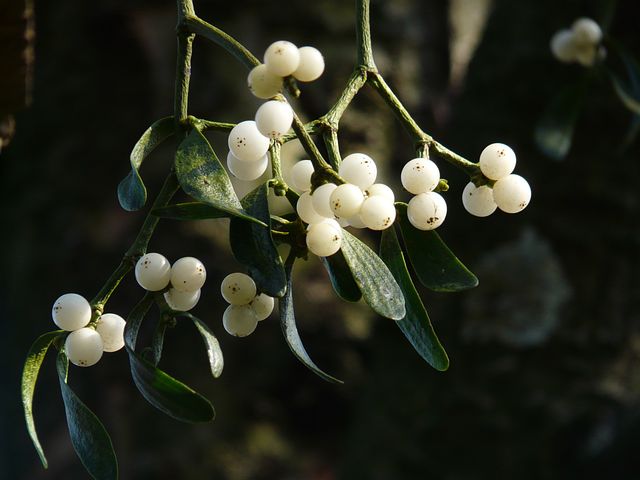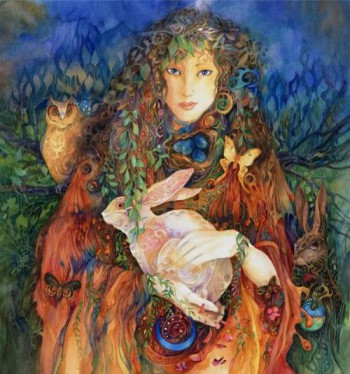Why apples?
Why is the apple such a popular fruit in myths and legends? Until recent times, the word ‘apple’ was used generically for any exotic fruit of roughly that size and shape. Indeed, when tomatoes first arrived in Europe they were called “love apples” and “cucumber” in Old English translates as “earth apple”. I can only imagine they were rounder back then.
The Christian connection with the Garden of Eden and Eve’s transgression is well known, but many traditions and cultures revere the apple. The Greek goddess Hera received golden apples as a wedding gift. They came from the Garden of Hesperides and were protected by a serpent called Ladon. Sounds familiar, doesn’t it?
These apples crop up a few times in Greek mythology: A golden apple started the Trojan War; they are used to trick Atalanta into losing a race to Hippomenes and thereafter having to marry him; and as one of the twelve labours of Hercules, he has to find three golden apples. In that myth the apples granted immortality rather than knowledge, a trait I included in my novel Original Sinner.
Golden apples also appear in Norse mythology. They are the fruits of immortality that the gods had to eat to stay young and healthy. Only Idun, goddess of everlasting youth, fertility, and love, could pick these apples, as she was not born and would never die. Idun visited Valhalla every day to bring apples to the gods.
The Celts also revered the apple tree and its fruit appears in many of their legends. To them, the apple was magical, and could entice a person into the fey world. A fairy maiden gave Prince Connla a magic apple. The apple restored itself after being eaten. After a month of only eating this apple, Connla was bewitched. He sailed on the fairy’s crystal boat to a magical island with a never-ending supply of apples. Here he remained young and handsome, but unable to return home.
Druid folklore has a similar myth where Bran is enchanted by a maiden with a magical apple branch. Avalon, the land of the Arthurian legend, ruled by Morgan le Fay, means “Isle of Apples”, from the Welsh word for apple, afal. Merlin was said to receive his power of prophecy from eating apples.
The fruit in the Garden of Eden isn’t named as an apple, although we all assume it to be. The theory that the Garden might have existed somewhere in the Middle East gives rise to the notion that the fruit may have been a pomegranate rather than an apple. That ties in with the Greek myth of Persephone and the pomegranate having associations with knowledge of the underworld.
And interestingly, that is the subject of the book I am currently writing, Godchild.

Visited 467 Times, 2 Visits today




